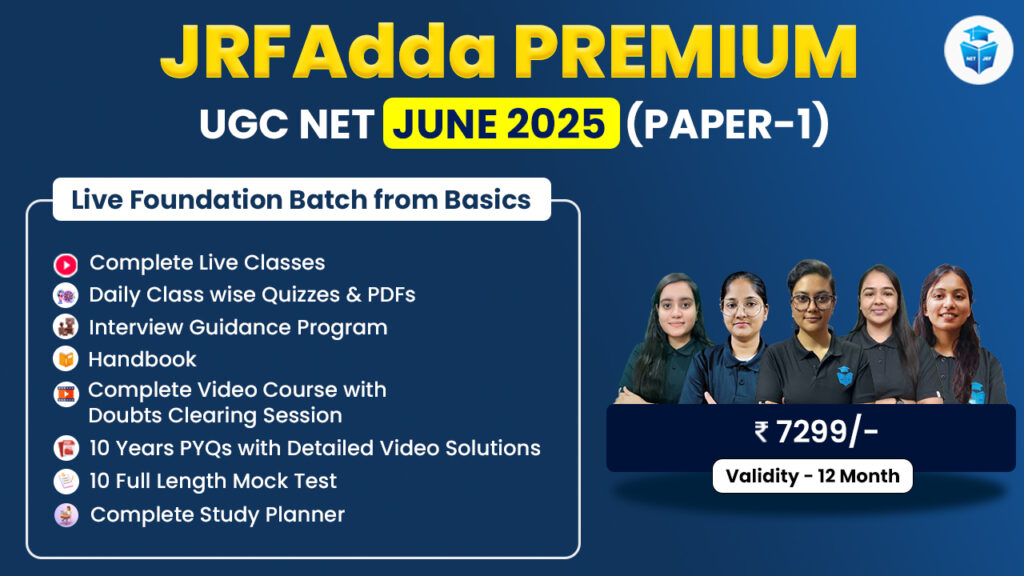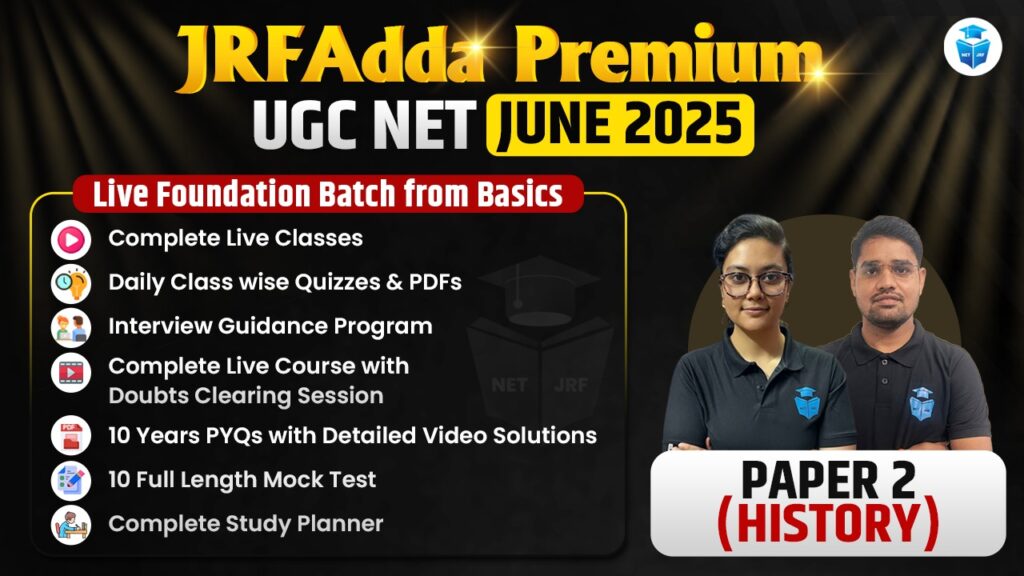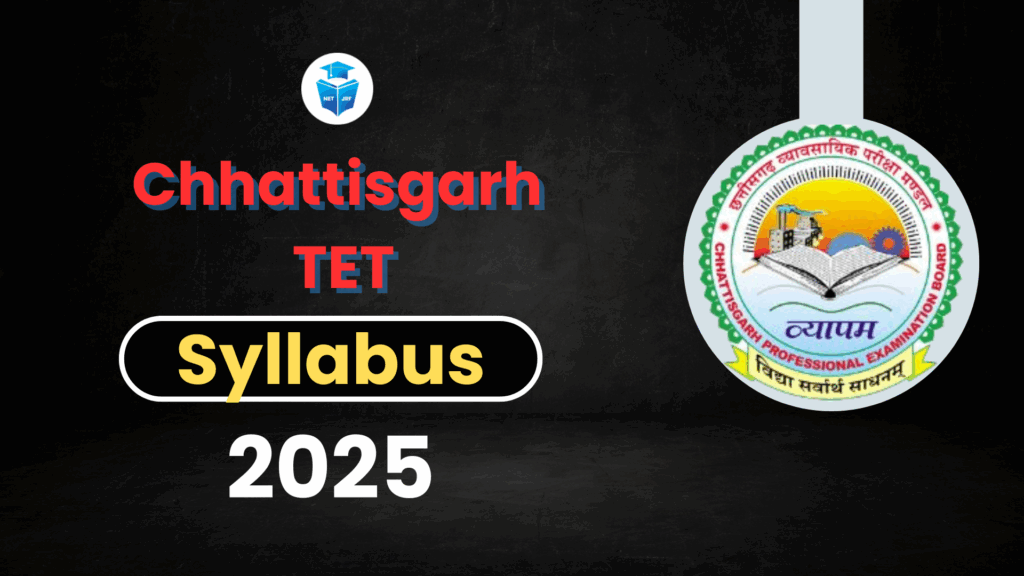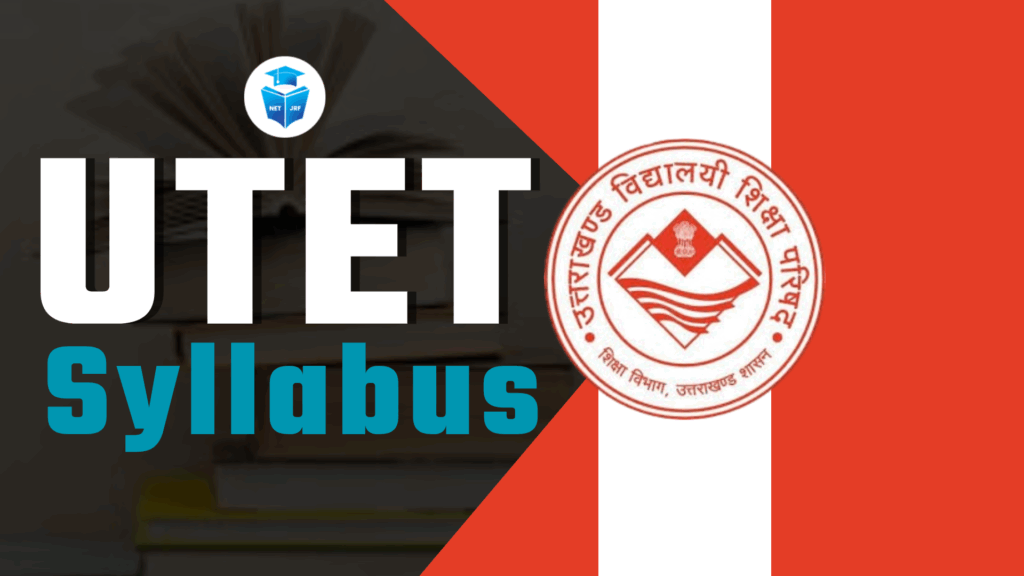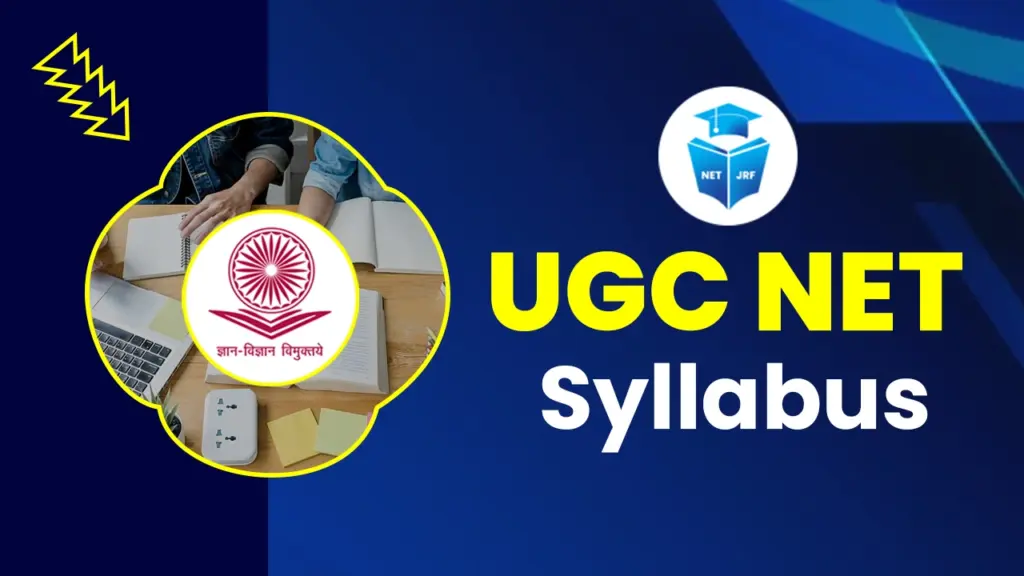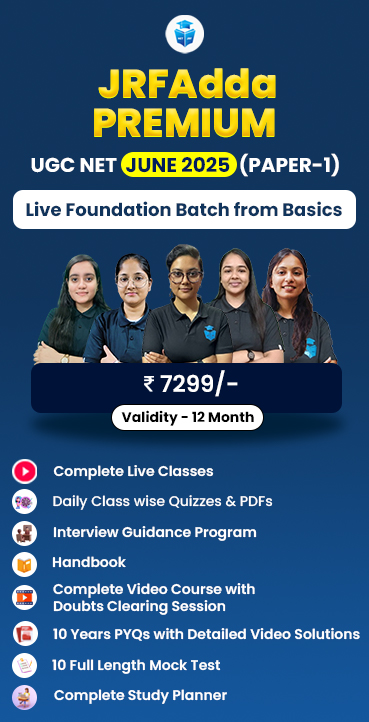India’s education system is vast and diverse, catering to different career aspirations and skill sets. From producing top-notch doctors, lawyers, and managers to training engineers and skilled workers, the focus is on creating professionals for various industries. This article breaks down professional, technical, and skill-based education, focusing on their significance, institutions, and opportunities.
Professional Education in India: Medicine, Law, and Management for UGC NET Success
Professional education focuses on fields that demand specialized knowledge and practical skills. Medicine, law, and management are the three prominent sectors.
1. Medicine
- Top Institution: JIPMER (Jawaharlal Institute of Postgraduate Medical Education and Research) is one of India’s finest institutions for medical studies, offering MBBS, nursing, and allied health science programs.
- Key Features: JIPMER emphasizes research-based learning and clinical practice. Students are exposed to rural healthcare initiatives, making them versatile in addressing India’s healthcare needs.
- Admission: NEET is the gateway to medical courses, ensuring a fair selection of candidates based on merit.
2. Law
- Notable Colleges: The Symbiosis Law School and Gujarat National Law University (GNLU) offer integrated programs like BBA LLB and specialized postgraduate courses.
- Focus Areas: Apart from general law, emerging fields like cyber law and environmental law are gaining popularity.
- Entrance Exams: Admission to law courses often requires passing exams like LSAT or SET (Symbiosis Entrance Test).
3. Management
- Key Institutions: Faculty of Management Studies (FMS) Delhi offers MBA programs that rival IIMs in quality and affordability.
- Unique Features: Students engage in live case studies and internships, connecting theory with real-world scenarios.
- Admission Process: Competitive exams like CAT and XAT are the primary routes to management schools.
Technical Education in India: Engineering and Applied Sciences for UGC NET Preparation
India’s technical education system is globally recognized, producing a significant number of engineers and technologists each year.
Key Organizations
- AICTE: Ensures quality control and regulates technical institutions across India.
- Institutions: IIT Hyderabad and IIIT Bangalore are renowned for their innovative curricula and entrepreneurial focus.
1. Engineering and Technology
- Top Colleges: Admission to IIT Hyderabad is via JEE Advanced, while IIIT Bangalore specializes in data science and artificial intelligence programs.
- Key Highlights: These institutions emphasize hands-on projects, coding marathons, and industry-linked internships.
2. Challenges and Solutions
| Challenge | Solution |
| Skill Gaps | Integration of internships and industry collaborations. |
| Faculty Shortages | Upskilling teachers with advanced training programs. |
Skill-Based Education in India: Vocational Training for UGC NET Aspirants
With 90% of jobs requiring specific skills, India’s focus on skill-based education is critical for creating a job-ready workforce.
Major Government Initiatives
| Initiative | Objective |
| Skill India Mission | Equip youth with skills for employment or startups. |
| PMKVY | Short-term courses aligned with market demands. |
1. Innovative Training Methods
- Skill Hubs: Collaborations with organizations like NSDC (National Skill Development Corporation) help train school dropouts in areas such as mobile repair and tailoring.
- Blended Learning: Virtual workshops and on-the-job training improve accessibility.
2. Cost-Effective Solutions
Vocational courses like digital marketing or carpentry are affordable and reduce the financial burden compared to degree programs.
3. Changing Social Perception
Efforts to rebrand vocational education are ongoing. Campaigns showcase successful entrepreneurs who started with skill-based training, encouraging youth to consider alternative paths.
Conclusion
India’s education system is diverse, offering professional, technical, and skill-based programs tailored to various career paths. From medicine and law to engineering and vocational training, these avenues equip students with the skills needed for success. UGC NET aspirants can leverage this knowledge for comprehensive preparation and career-oriented research.




